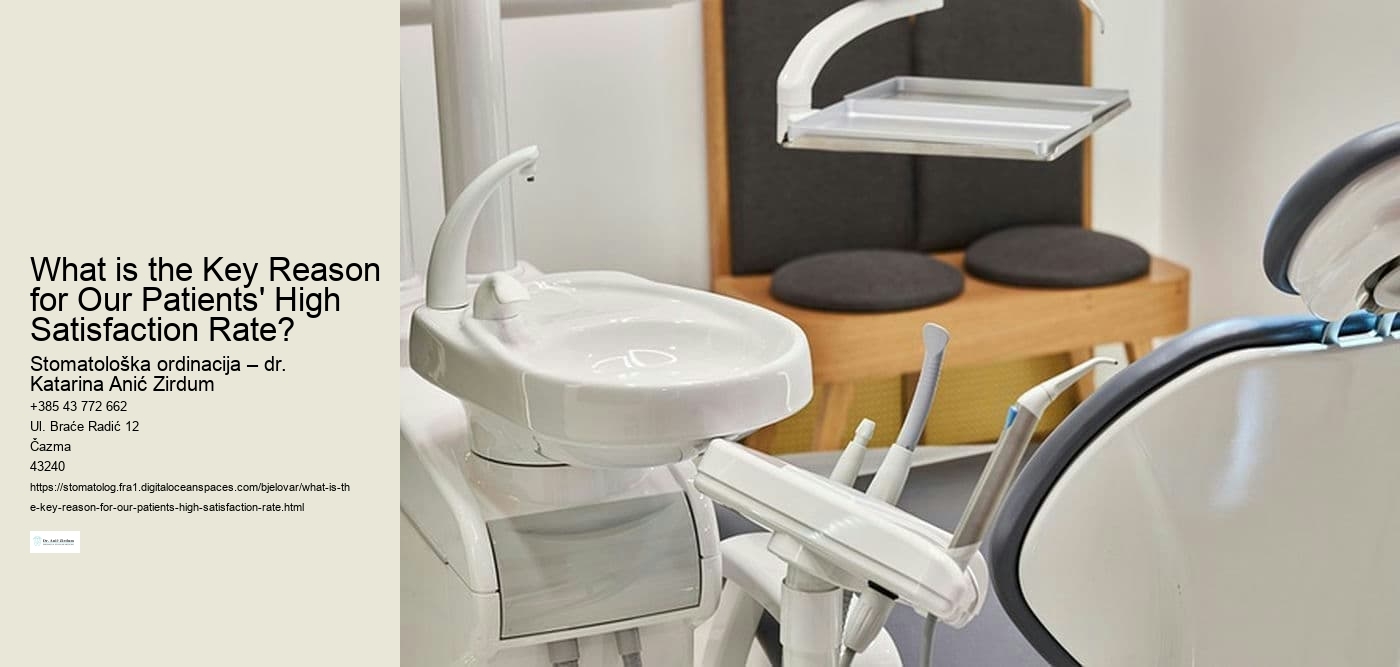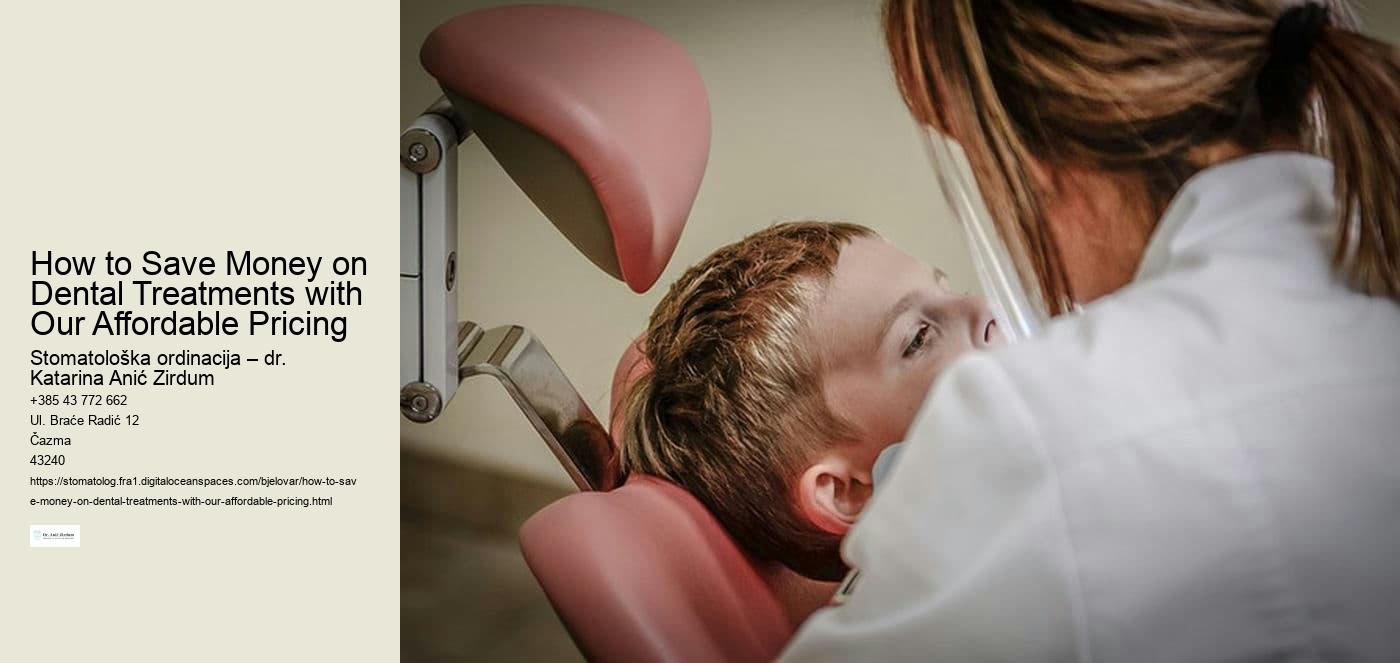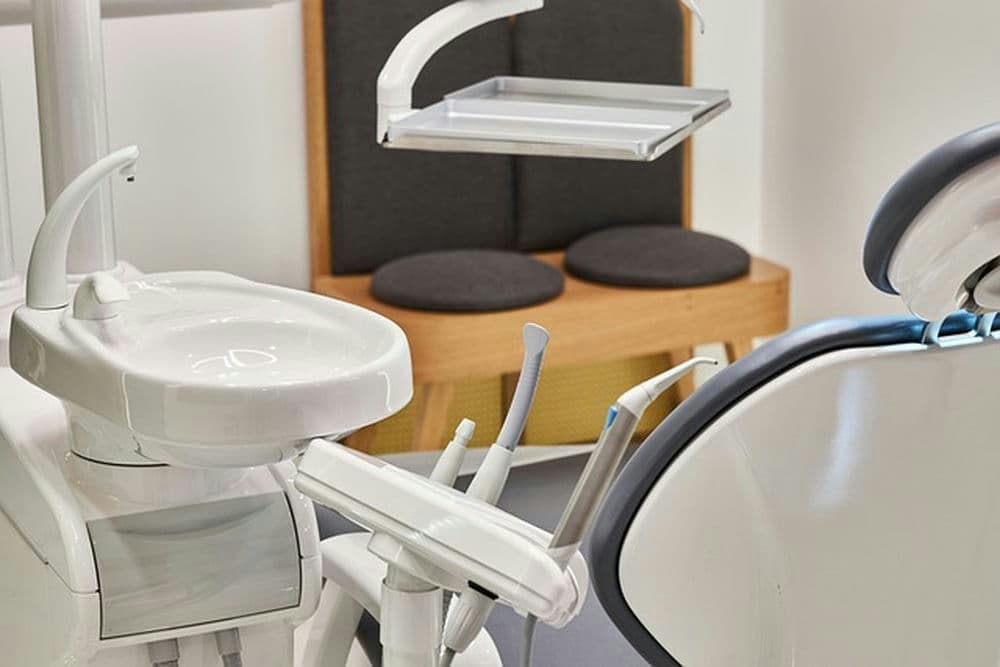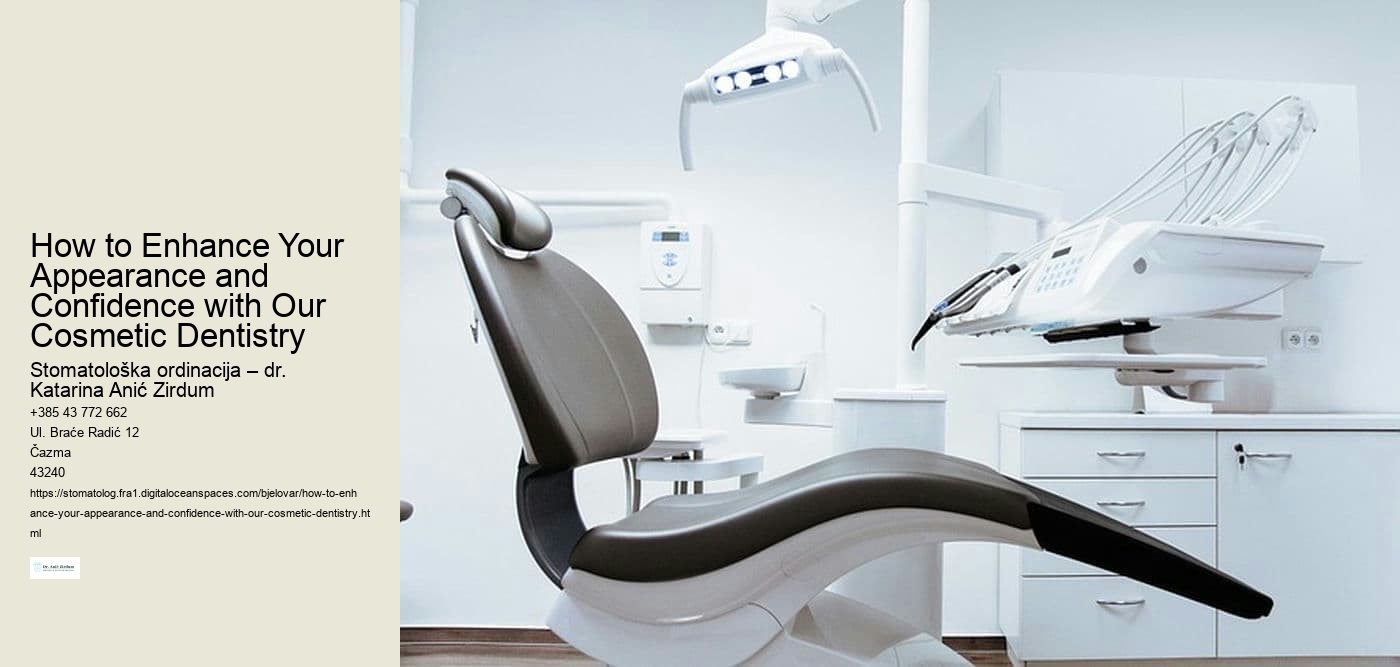Pages
Rating:
RSS:
RSS FeedSitemap:
Sitemapcheap dental implants
Posted 1/3/2023 by Admin

Dental Implants vs. Dental bridgesA Dental Implant is a more low-cost and natural substitute than a Dental BridgeThe Benefits of Dental ImplantsA bridge requires the alteration of adjoining teeth to help the bridge. A bridge contains a false tooth (or teeth) supported by adjoining teeth which have been capped. It is used to replace one or two lacking teeth. A bridge requires two often healthy teeth to be altered, that is not a great way of changing a missing tooth compared to a dental implant. Bridges are likely to have short lives, five to ten years, compared to a dental implant, which could last an entire life. So while a bridge can now and again be more economical firstly, ultimately a dental implant can cost you less. Free Dental Implant ConsultationThe Benefits of Dental ImplantsMeet with Dr. Roe and learn more in regards to the different options for lacking teeth and concerning the dental implant technique. ental implants are man-made (synthetic) replacements for your tooth roots. We put them into the bone of your jaw.
partial dental implants
Posted 2/28/2023 by Admin

You can remove this denture for cleaning and when you sleep. Waiting for bone growthOnce the metal implant post is placed on your jawbone, osseointegration (oss-ee-oh-in-tuh-GRAY-shun) begins. During this manner, the jawbone grows into and unites with the surface of the dental implant. This technique, that can take a couple of months, helps provide an amazing base on your new artificial tooth — just as roots do in your natural teeth. Placing the abutmentWhen osseointegration is finished, you may wish extra surgical procedure to place the abutment — the piece where the crown will ultimately attach. This minor surgery is typically done with local anesthesia in an outpatient atmosphere.
same day dental implants
Posted 2/14/2023 by Admin

With proper care and upkeep, they are able to last an entire life. However, the restoration on top of your dental implant will need replacing at some point. Most crowns and bridges last around 15 years and most dentures last a minimum of seven years, but this timeline varies. When should I see my dentist?If you've got tooth loss that’s interfering along with your excellent of life, time table an appointment with a dentist to talk about your alternative alternatives. They may help verify if dental implants are the right solution for you. Are dental implants painful?Dental implant placement is a surgical system. Like any surgical technique, some pain is normal. But nonsteroidal anti inflammatory drugs (NSAIDs), corresponding to ibuprofen, may help reduce pain and swelling associated with dental implant surgical procedure. You can also reduce your risk of pain by warding off the gym for a few days. Raising your heart rate, particularly within the first 72 hours, can result in increased pain, swelling and bruising. Are dental implants safe?Yes, dental implants are safe when placed by a talented and experienced health practitioner.
same day dental implants
Posted 1/30/2023 by Admin

(Most surgeons won’t place dental implants unless your jaw has stopped starting to be. )Smoke or use tobacco merchandise. Have significant bone loss to your jaw. Have poor oral hygiene. Have wide tooth decay. Have active or untreated gum disease.




